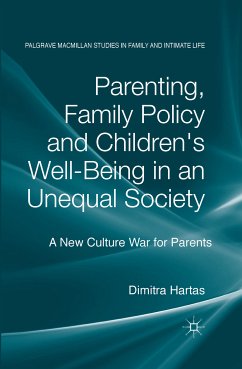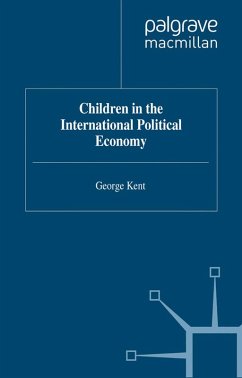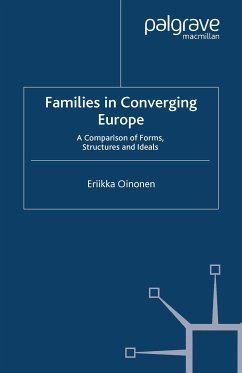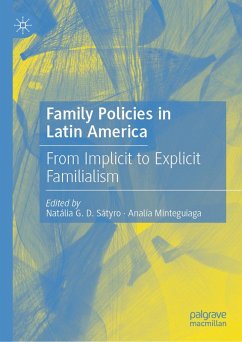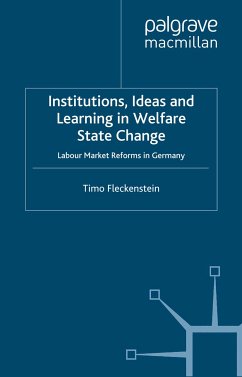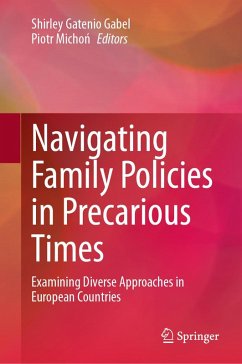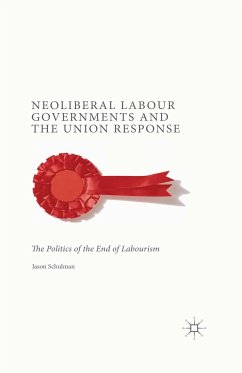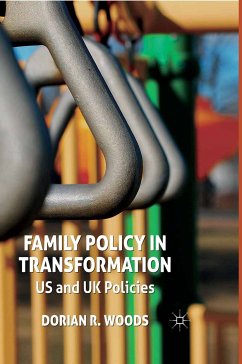
Family Policy in Transformation (eBook, PDF)
US and UK Policies
Versandkostenfrei!
Sofort per Download lieferbar
40,95 €
inkl. MwSt.
Weitere Ausgaben:

PAYBACK Punkte
20 °P sammeln!
In the US and UK there has been a transformation in child care, family leave, social assistance and tax credits over the last twenty years. This book explores the factors behind these changes. With detailed case studies, it shows that ideas and the power to wield them are crucial factors in the transformation of family policy.
Dieser Download kann aus rechtlichen Gründen nur mit Rechnungsadresse in A, B, BG, CY, CZ, D, DK, EW, E, FIN, F, GR, HR, H, IRL, I, LT, L, LR, M, NL, PL, P, R, S, SLO, SK ausgeliefert werden.



